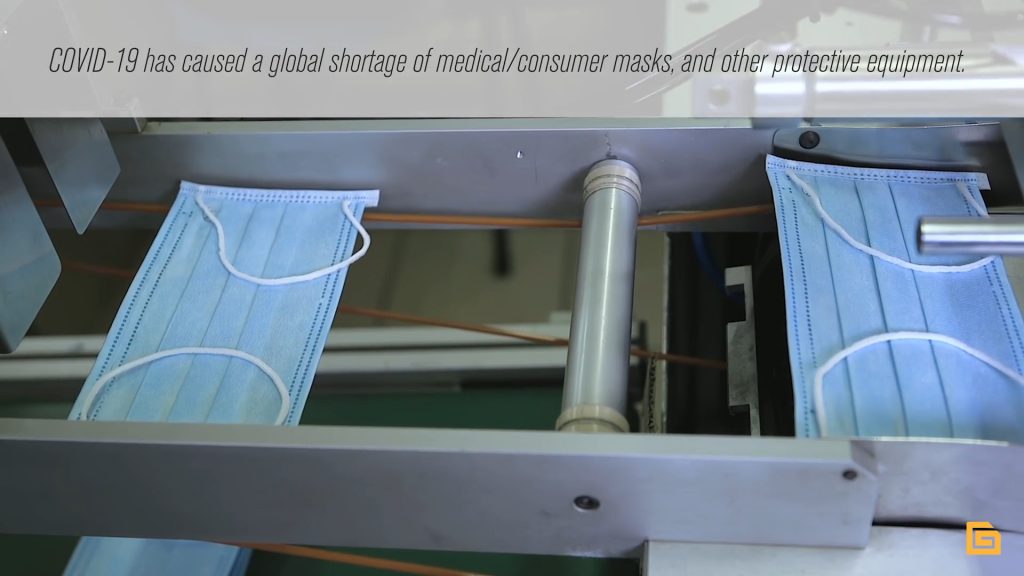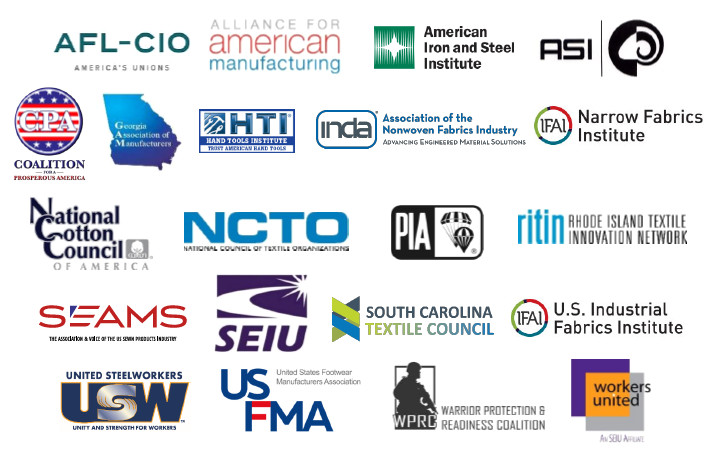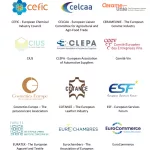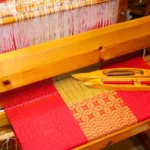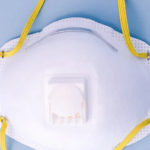WASHINGTON – An industry coalition of 21 associations representing the full spectrum of domestic personal protective equipment (PPE) production released a statement on July 20 outlining policy principles and objectives needed for reshoring and safeguarding domestic PPE manufacturing.
The COVID-19 pandemic, which exposed severe shortages in PPE supply and an over-reliance on foreign sourced products, underscores how important it is for the U.S. government to incentivize, support and maintain domestic manufacturing capacity for PPE. The National Council of Textile Organizations (NCTO) members, encompassing every segment of the U.S. textile, apparel and PPE supply chain, as well as unions representing workers, acted swiftly to convert manufacturing facilities and build supply chains virtually overnight to produce desperately needed PPE.
The associations are calling on Congress and the Trump administration to adopt principles outlined in the statement through legislation, executive order and other appropriate means.
Joint Statement on Policy Objectives for Reshoring and Safeguarding Domestic PPE Manufacturing
The full joint statement and principles are reproduced below: As trade associations and other organizations representing every segment of the textile, apparel, and personal protective equipment (PPE) supply chain in the U.S., servicing both the Department of Defense and consumer retail, we are united in our support of important principles that must be adopted in order to address our current public health needs and guarantee our nation is better prepared to respond to future emergencies. The COVID-19 pandemic poses a severe threat to our nation, and our association and organization members have moved swiftly to convert manufacturing facilities and build supply chains to produce desperately needed PPE. In many cases, these supply chains were created virtually overnight and at great expense, highlighting the ingenuity, commitment, and passion of U.S. manufacturers and workers in responding to this generational crisis. However, the coronavirus has exposed severe gaps in our national readiness to respond to a public health emergency of this magnitude. We agree with the strong bipartisan consensus building in Washington and across the country that the United States must have domestic capacity to produce PPE and other vital medical supplies without relying on imports from other countries. In fact, our continuing reliance on foreign sources for these vital public health resources is a severe vulnerability to both our public health and national security. Therefore, creating and maintaining domestic supply chains capable of producing PPE and key medical supplies in sufficient quantities to meet a national health emergency is of paramount concern for every citizen of this country. We stand united in supporting several principles as necessary elements of our national response to the COVID-19 pandemic, principles that will both meet current needs and ensure a reliable domestic PPE manufacturing base capable of meeting our public health needs during a future crisis. We call on Congress and the Trump administration to adopt and implement the following principles through legislation, Executive Order, or other appropriate means: Create strong domestic procurement rules for federal PPE purchases substantially similar to the Berry Amendment and the Kissell Amendment Taxpayer dollars should not go to China and other offshore PPE producers, only to have those same producers withhold access to vital supplies and equipment in the face of global shortages. New federal government domestic purchasing requirements for PPE will create the stable demand for U.S.-made PPE that will incentivize investment in domestic PPE manufacturing. Implement forward-looking policies to shore up the Strategic National Stockpile and to identify, incentivize, and maintain a robust domestic supply chain for PPE and medical supplies Our Strategic National Stockpile (SNS) must be better prepared to answer our needs efficiently and adequately during a pandemic or other public health emergency. This will require additional advance planning by the executive branch and proper oversight by Congress. The SNS must also conduct critical domestic supply chain mapping to identify gaps in the supply chain and develop recommendations to meet existing and future supply chain needs. Create federal incentives for private sector purchases of domestically produced PPE Expanding the domestic customer base for PPE beyond the federal government and to the private sector will provide long term stability to U.S. PPE producers and enhance our national manufacturing capacity. Provide funding assistance for companies to reconstitute domestic PPE supply chains The federal government should provide grants to companies that took the initiative to repurpose their factories and purchase equipment in order to rapidly increase domestic production of critical PPE items amid the COVID-19 crisis. Further support mechanisms such as additional grants and/or special tax credits for companies that make future investments in domestic PPE production should also be provided. Strengthen the Berry Amendment Domestic procurement requirements under the Berry Amendment have been gradually eroded in recent years. Congress must permanently re-set the Berry threshold to $150,000 and eliminate loopholes for foreign-made products. We stand ready and willing to assist Congress and the administration in developing these policies into legislative concepts and executive action.
The statement was signed by the following organizations:
- AFL-CIO
- Alliance for American Manufacturing
- American Iron and Steel Institute
- American Sheep Institute
- Coalition for a Prosperous America
- Georgia Association of Manufacturers
- Hand Tools Institute
- INDA: Association of the Nonwoven Fabrics Industry
- Narrow Fabrics Institute
- National Cotton Council
- National Council of Textile Organizations
- Parachute Industry Association
- Rhode Island Textile Innovation Network
- SEAMS: Association of the U.S. Sewn Products Industry
- SEIU
- South Carolina Textile Council
- U.S. Industrial Fabrics Institute
- United States Footwear Manufacturers Association
- United Steelworkers
- Warrior Protection and Readiness Coalition
- Workers United/SEIU
